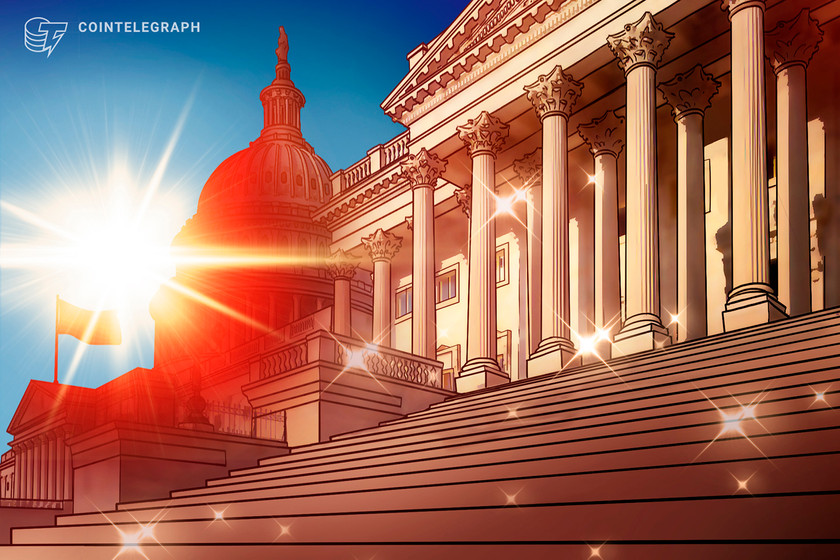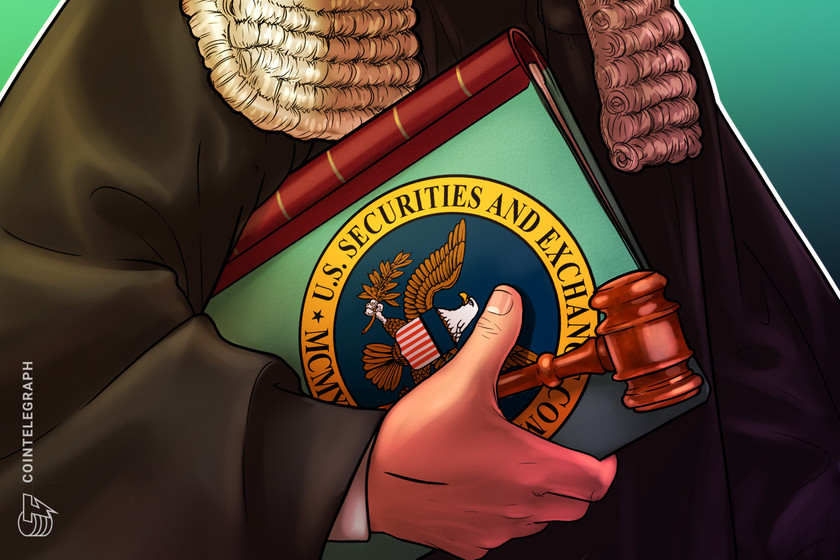US lawmaker criticizes SEC enforcement director for not going after ‘big fish’ crypto exchanges


Representative Brad Sherman said the SEC’s enforcement case against Poloniex was like going after “small fish” compared to major exchanges, which may include Kraken and Coinbase.
Brad Sherman, the congressperson who previously called for banning cryptocurrencies in the United States, criticized the Securities and Exchange Commission’s (SEC) approach to enforcement among major crypto exchanges.
In a Tuesday hearing before the House Committee on Financial Services, Sherman said SEC enforcement director Gurbir Grewal needed to show “fortitude and courage” when pursuing securities cases against cryptocurrency exchanges in the United States. The lawmaker added that the SEC enforcement division had “gone after” XRP as a security, but not the crypto exchanges that processed “tens of thousands” transactions of the token.
“If XRP is a security — and you think it is, and I think it is, why are these crypto exchanges not in violation of law and is it enough that the crypto exchanges have said ‘well, having committed tens of thousands of violations in the past, we promise not to do any more in the future?’” asked Sherman. “Is that enough to get you off the hook for enforcement?”


Grewal responded that he was unable to specify if the SEC enforcement division was investigating any crypto exchanges, but referred to a case brought against Poloniex in August 2021 for trading cryptocurrencies deemed securities to U.S. investors on its platform between July 2017 and November 2019. Sherman countered that the crypto trading platform was a “small fish” among other major exchanges, likely referring to Kraken, Coinbase, and Binance US:
“The big fish operating the major exchanges did many, many tens of thousands of transactions with XRP. You know it’s a security — that means they were illegally operating a securities exchange. They know it’s illegal because they stopped doing it, even though it was profitable […] I hope you focus on that.”
Both SEC chair Gary Gensler and Grewal cited concerns about cryptocurrency enforcement in the government department’s budget request for the 2023 fiscal year. In a written statement for the hearing, Grewal said the crypto market was becoming “increasingly sophisticated and the related misconduct becomes harder to detect and increasingly complex and international in nature.”
Related: SEC doubles down on crypto regulation by expanding unit
In May, President Joe Biden requested more than $2.1 billion for the SEC in FY2023, allowing the regulatory body to increase its enforcement division by 50 people, with 20 new hires expected in the regulator’s Cyber Unit, which includes the Crypto Assets and Cyber team. Senators Cynthia Lummis and Kirsten Gillibrand also introduced legislation in June proposing that the Commodity Futures Trading Commission, as opposed to the SEC, have authority over digital asset spot markets.

















